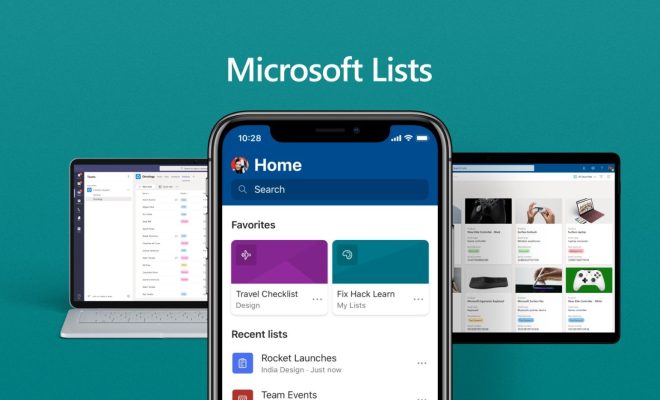What Does the Unit kHz Mean in Digital Audio?

In the world of digital audio, you may have come across the unit kHz while reading specifications of audio products. kHz stands for kilohertz and it is used to measure the frequency of sound waves.
Sound waves are characterized by their frequency, which is the number of cycles per second. The unit of frequency is hertz (Hz), named after Heinrich Hertz, the German physicist who first demonstrated the existence of electromagnetic waves.
However, sound waves have much higher frequencies than electromagnetic waves. The human ear can detect frequencies between 20 Hz and 20,000 Hz, but some animals can hear up to 100,000 Hz. Digital audio equipment deals with sound waves beyond the limits of human hearing, typically up to 96 kHz or even 192 kHz.
So, what does the unit kHz mean in digital audio? It simply means that the equipment is capable of reproducing or recording sound waves with a frequency up to x thousand cycles per second. For example, if a digital audio converter has a sampling rate of 44.1 kHz, it means that it can capture or playback sound waves up to 44,100 cycles per second.
Why is kHz important in digital audio? The sampling rate determines the quality and accuracy of the digital representation of an analog sound wave. The higher the sampling rate, the more accurate the representation, and the better the sound quality. However, there is a trade-off between sampling rate and file size. Higher sampling rates result in larger files, which may not be practical for some applications.
Moreover, the frequency range of human hearing is only a small part of the frequency range of sound waves. Recording or reproducing sounds beyond the audible range can affect the perception of sound quality and lead to unexpected artifacts. That’s why some digital audio professionals prefer to work at lower sampling rates such as 44.1 kHz or 48 kHz to avoid these issues.
In conclusion, the unit kHz in digital audio refers to the sampling rate or the maximum frequency that a digital audio system can handle. It is an important parameter that affects the quality and file size of digital audio files. However, higher sampling rates do not always result in better sound quality and may introduce other challenges, such as signal processing and file storage. Therefore, the choice of sampling rate should be based on the specific needs and constraints of the application.





